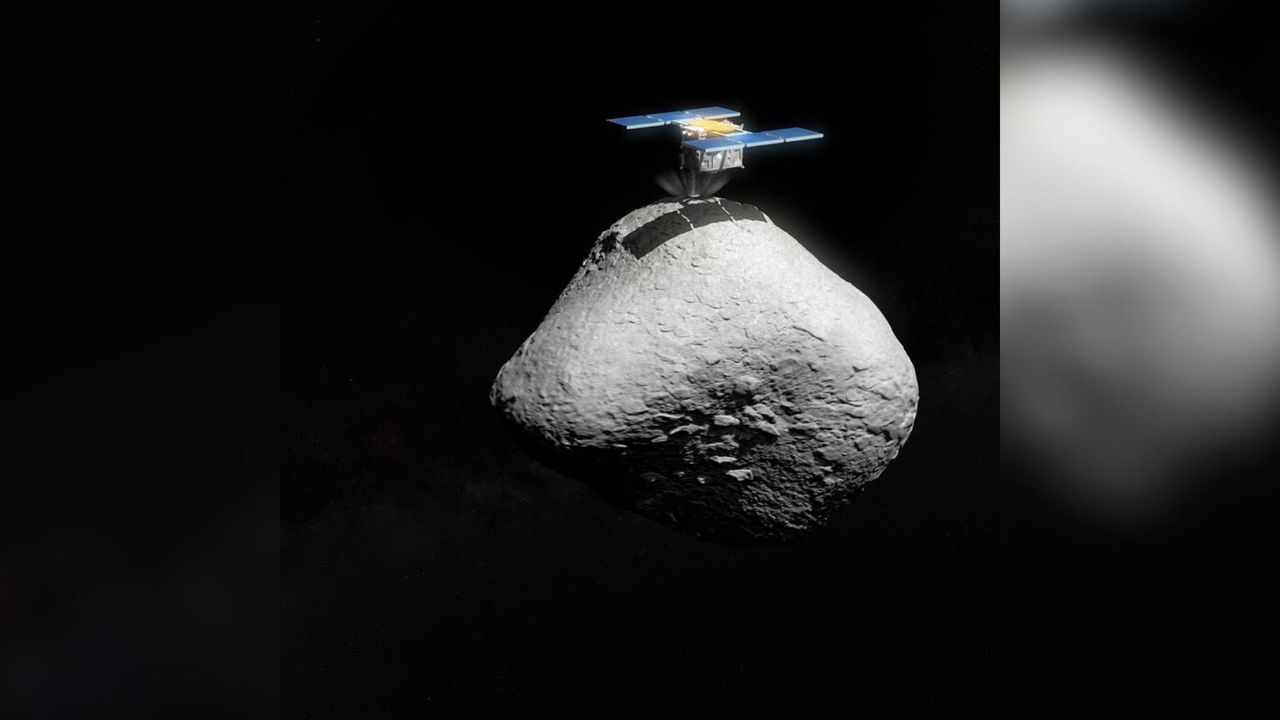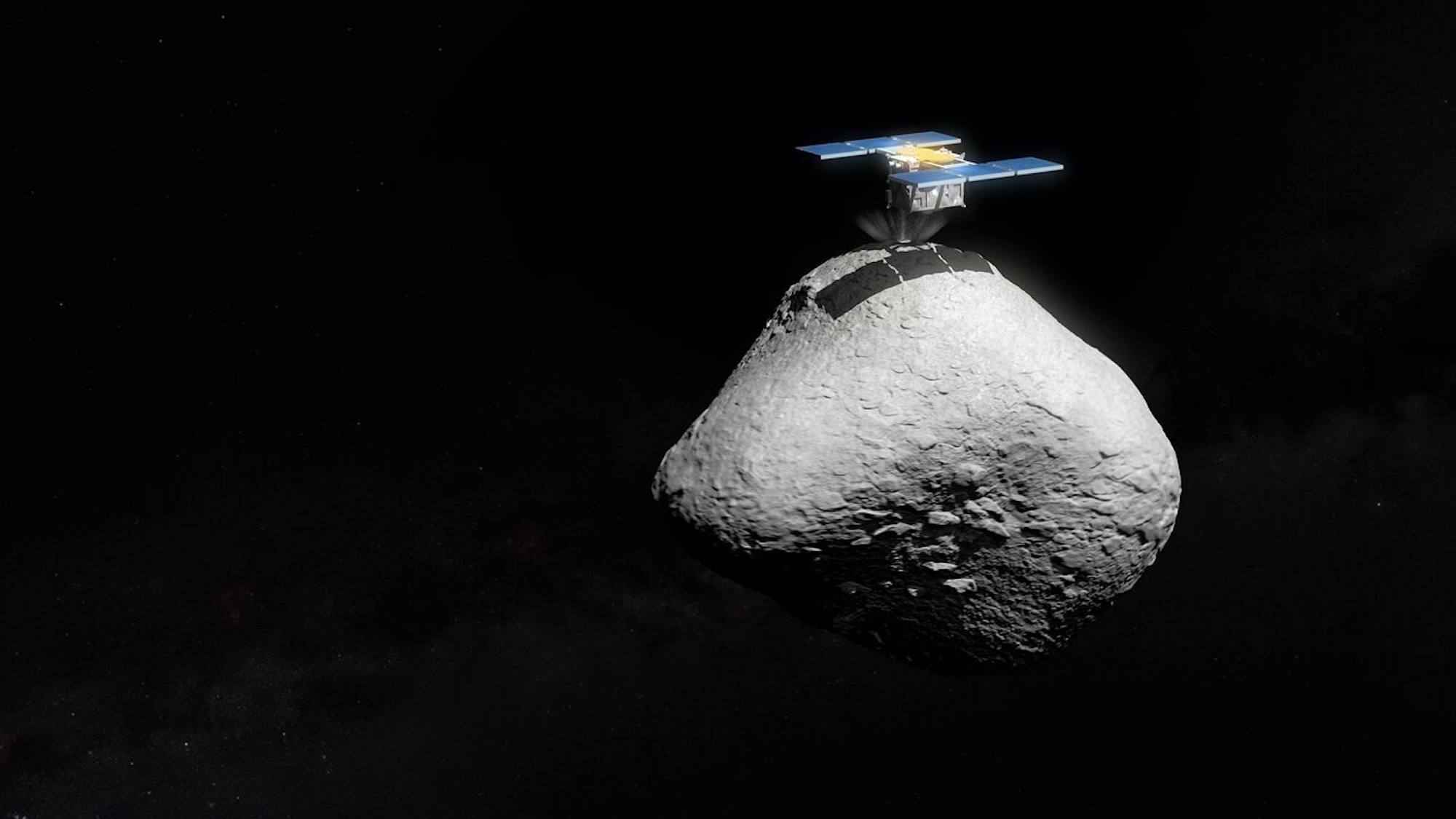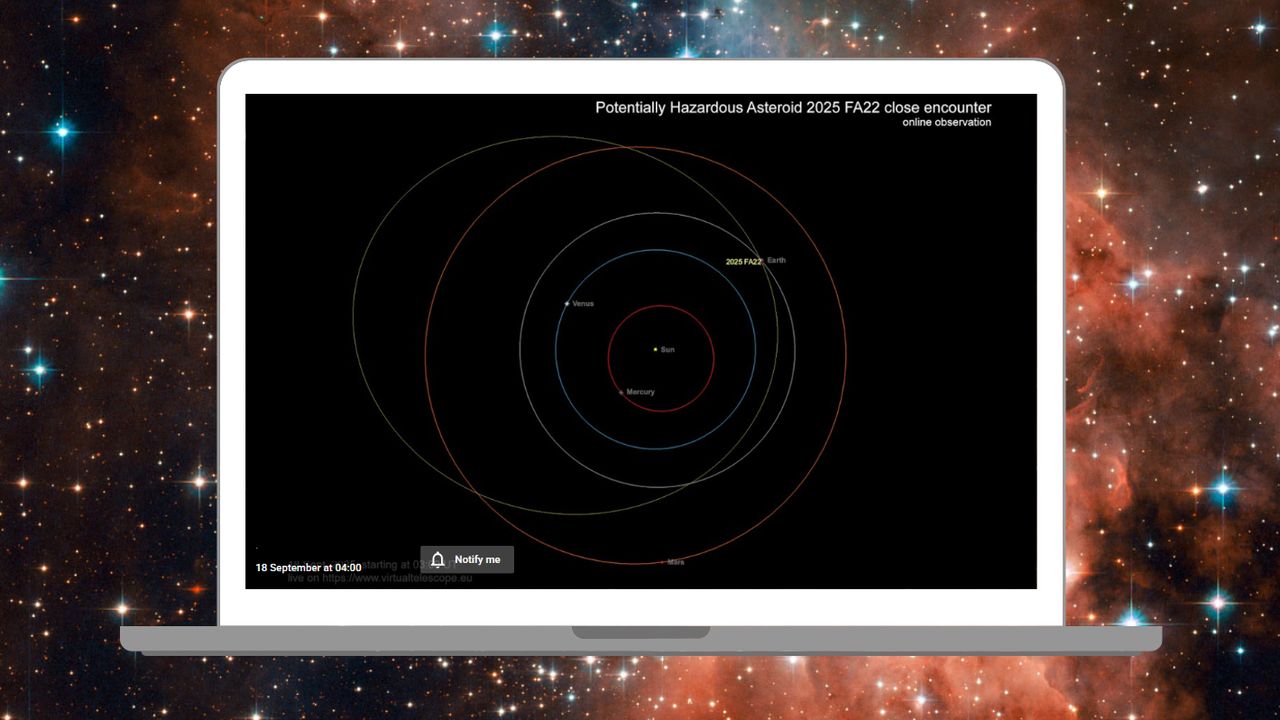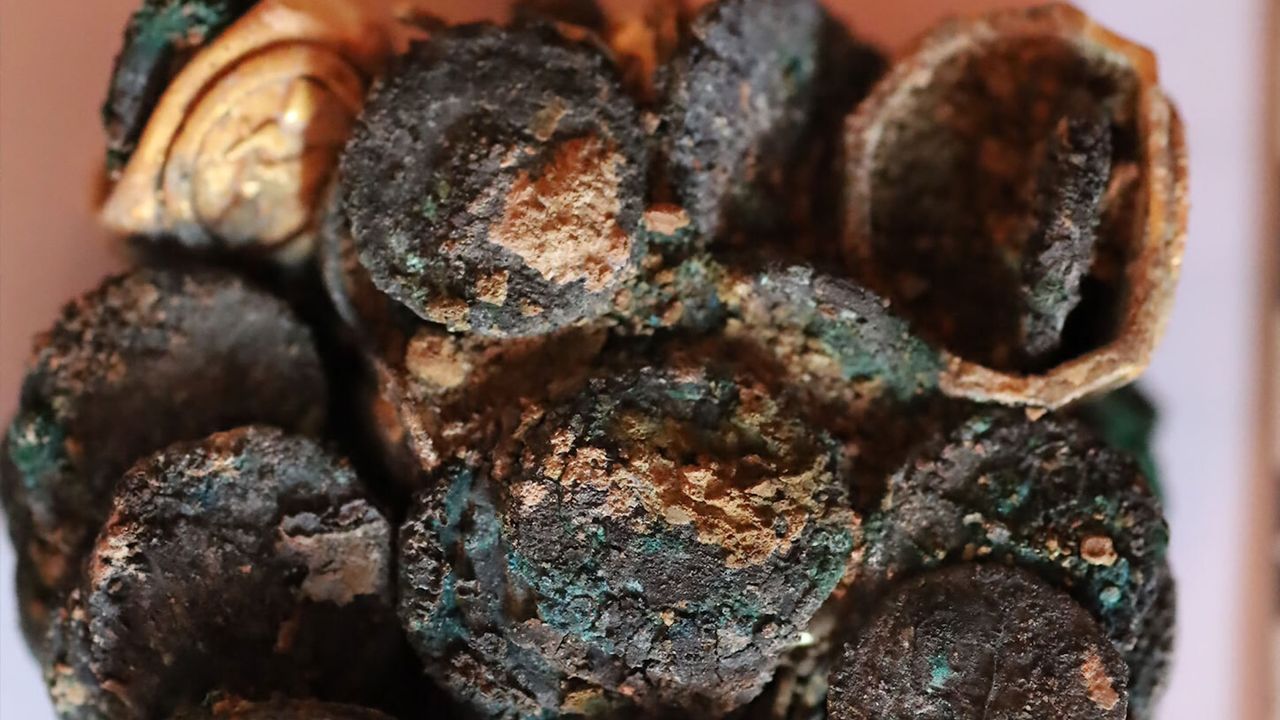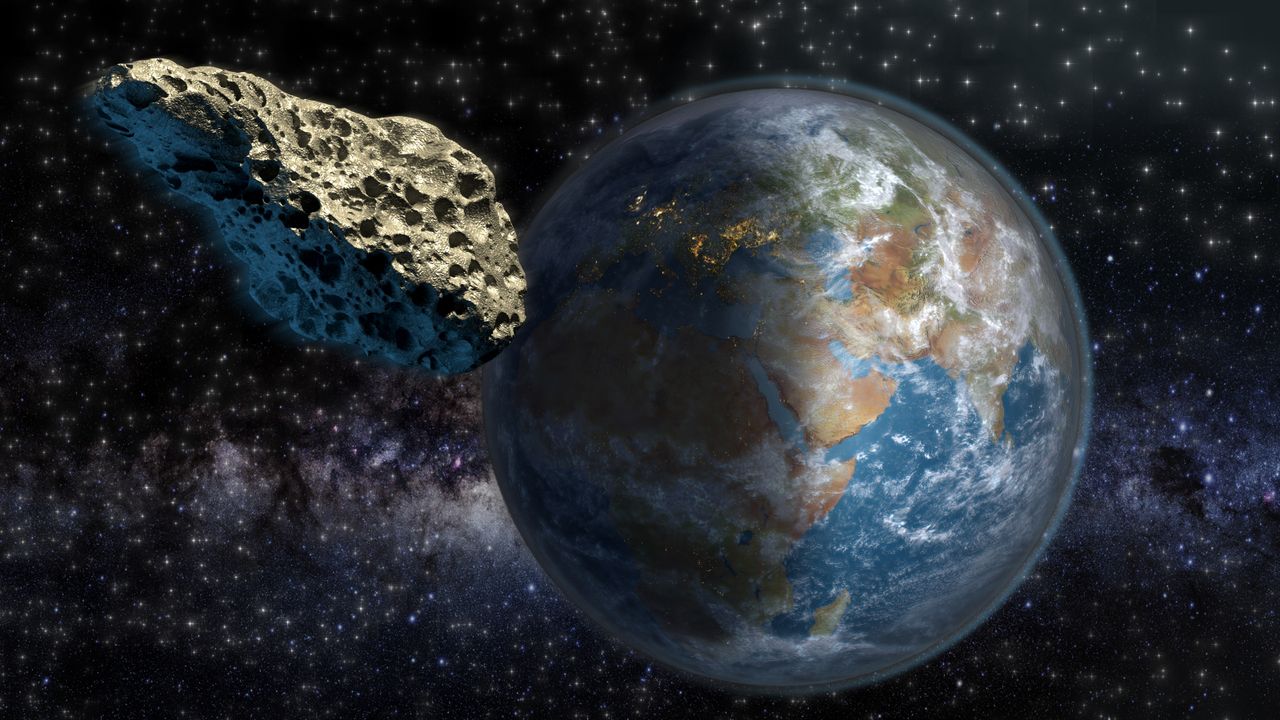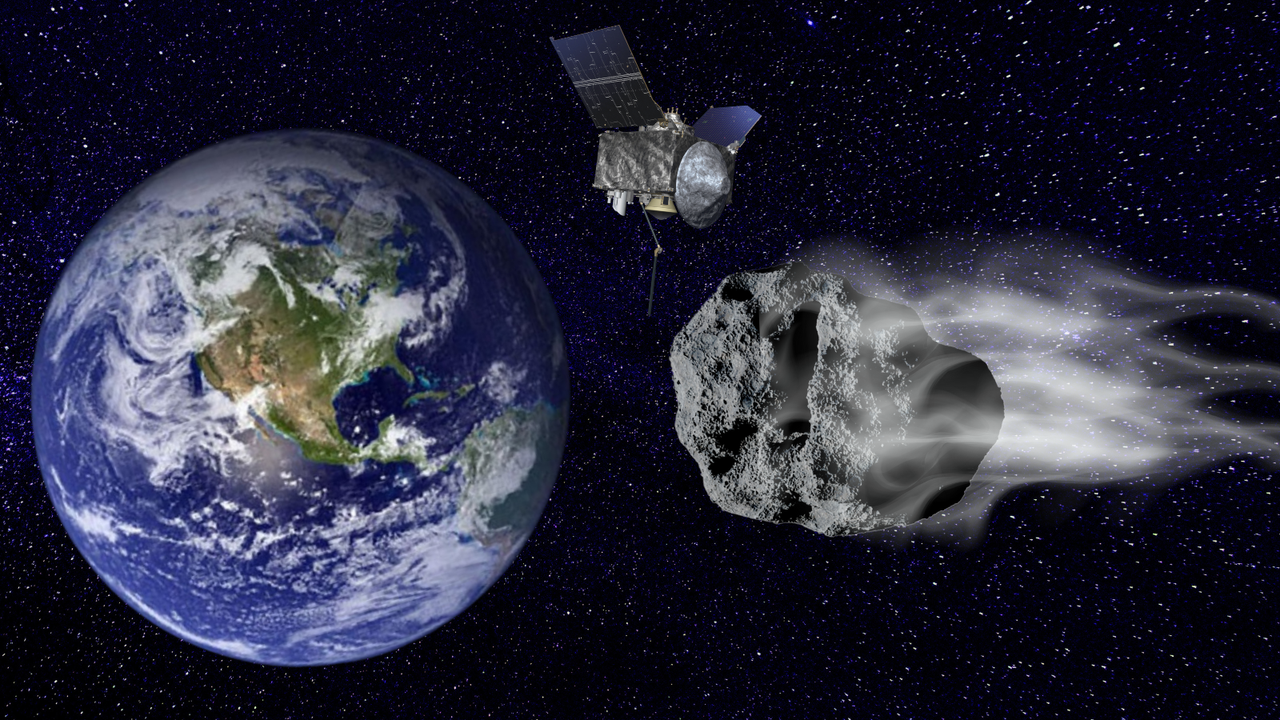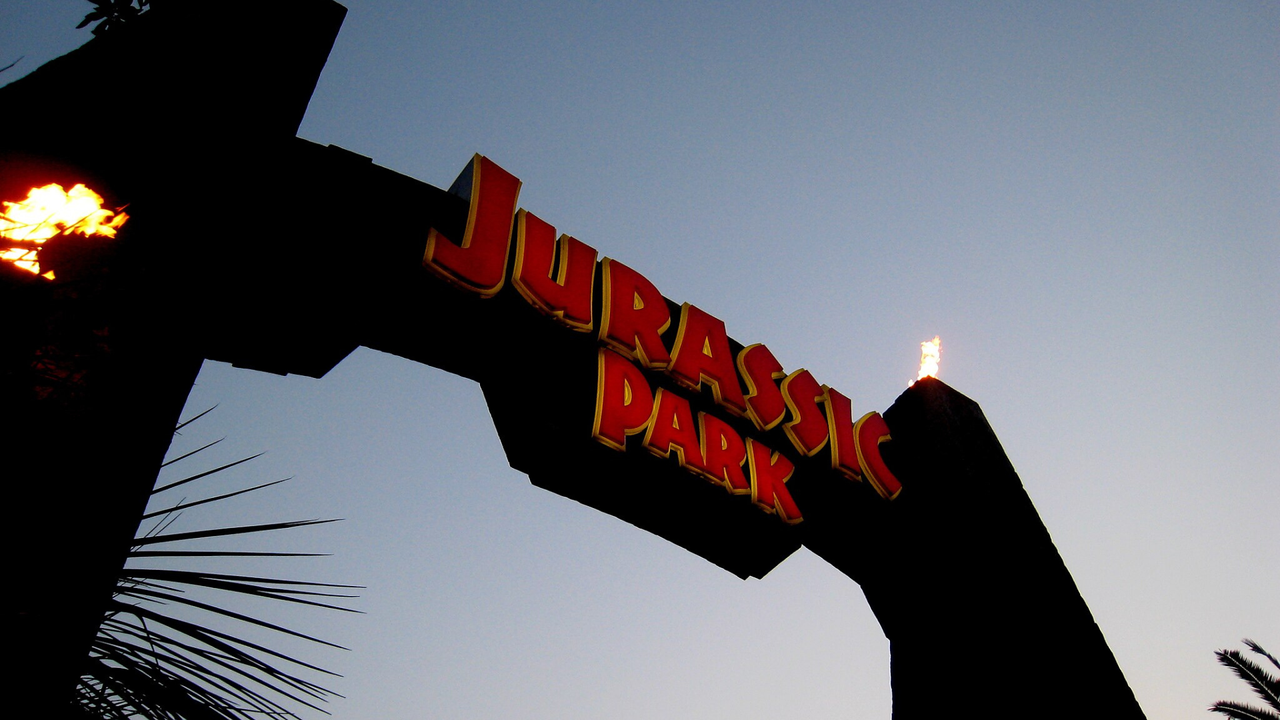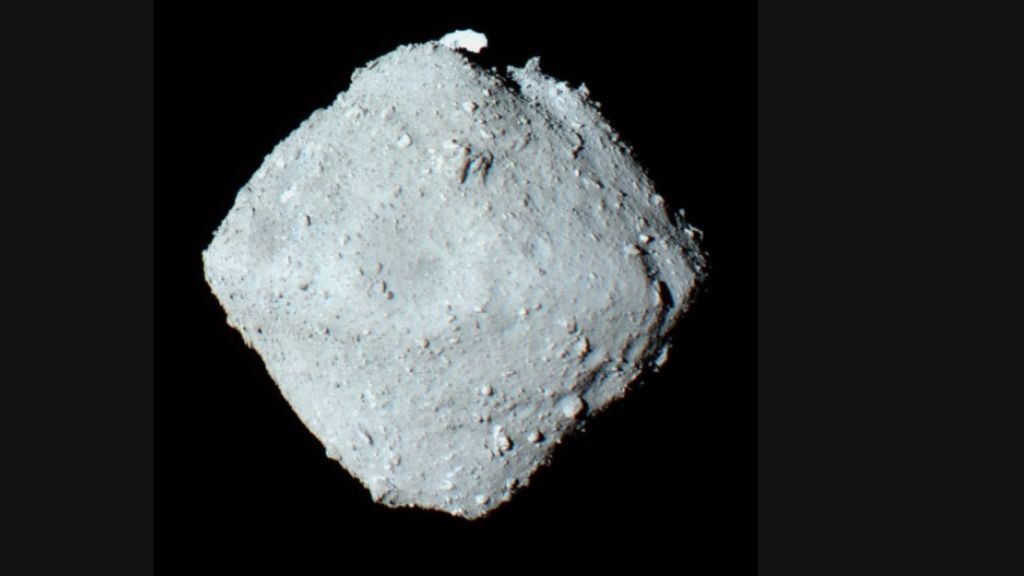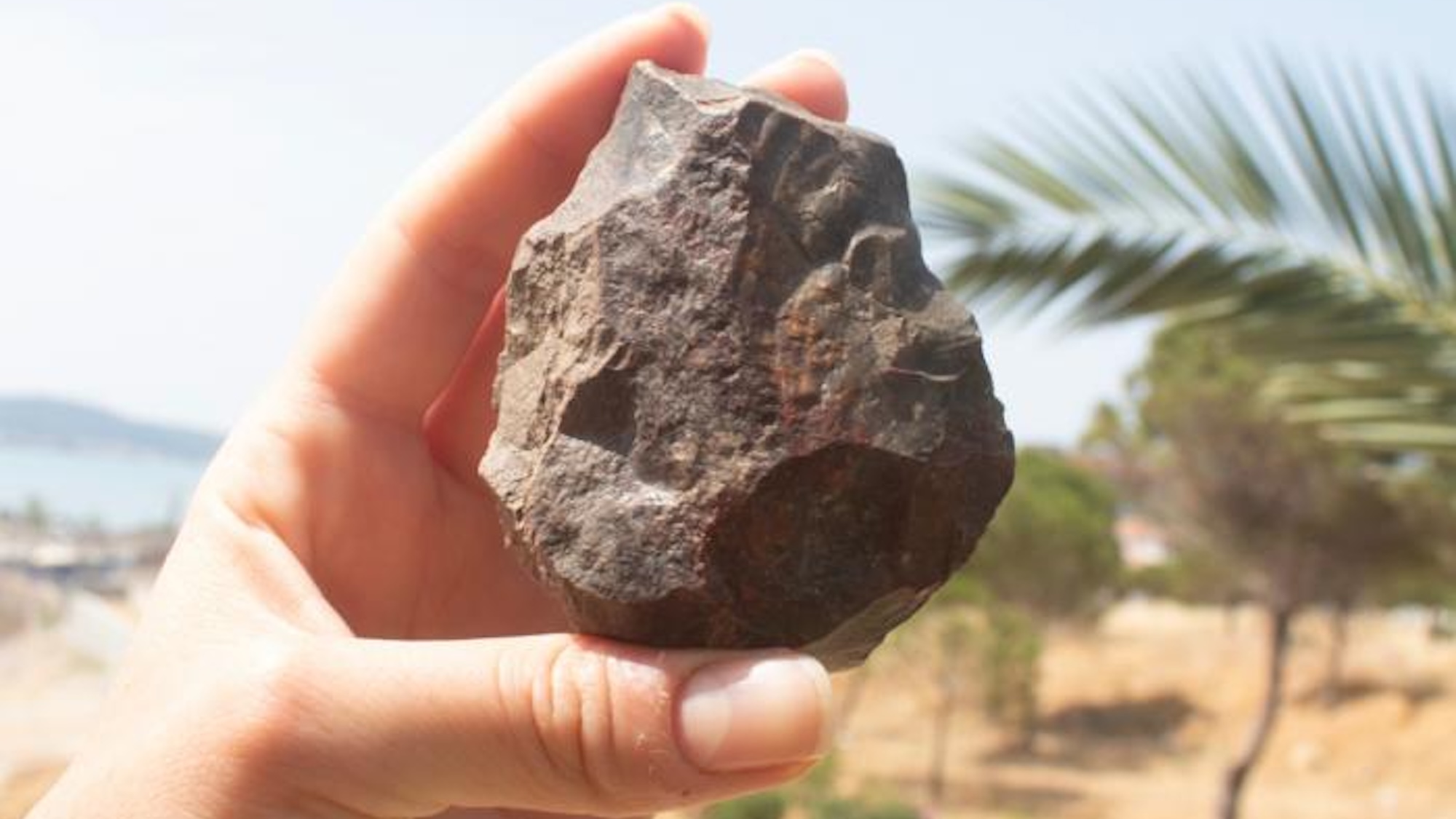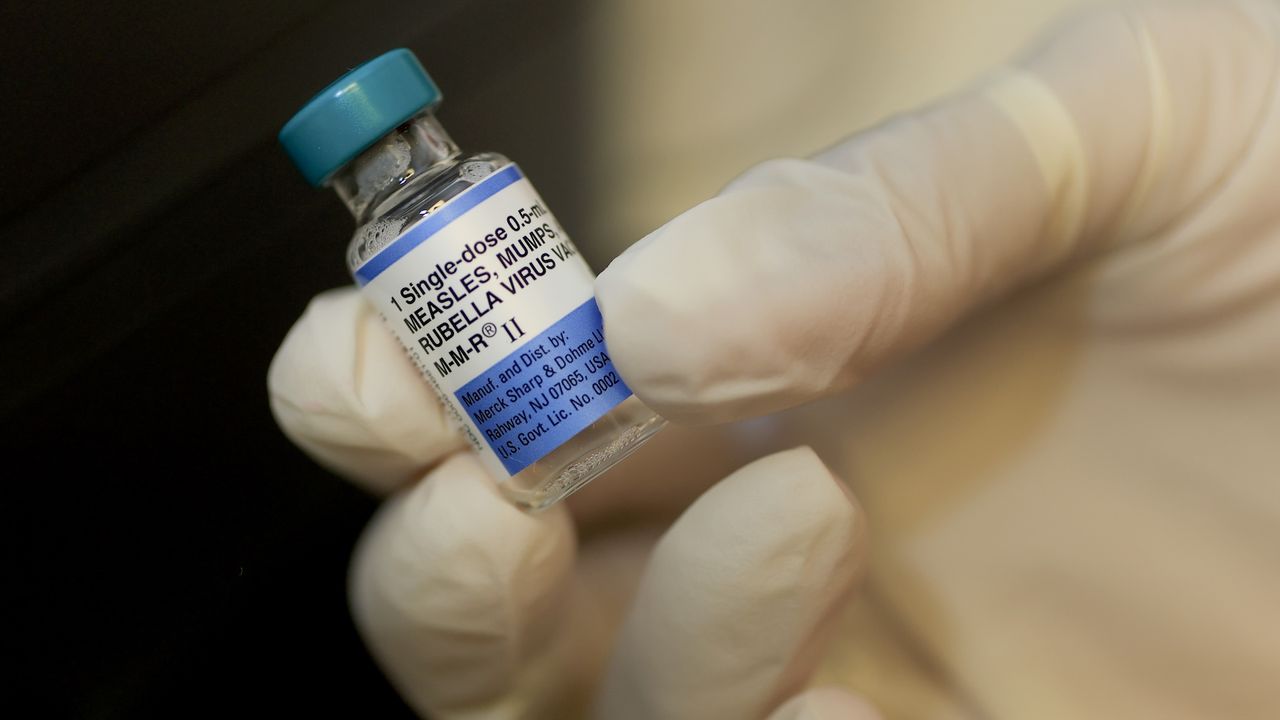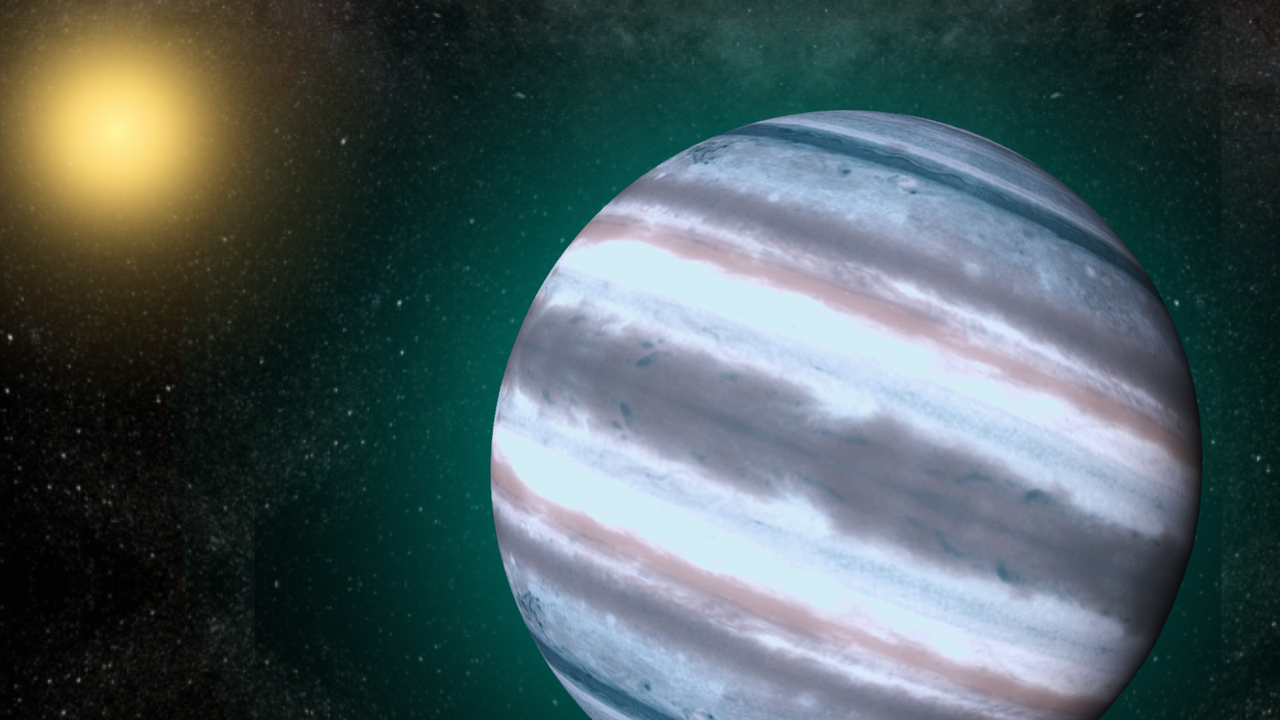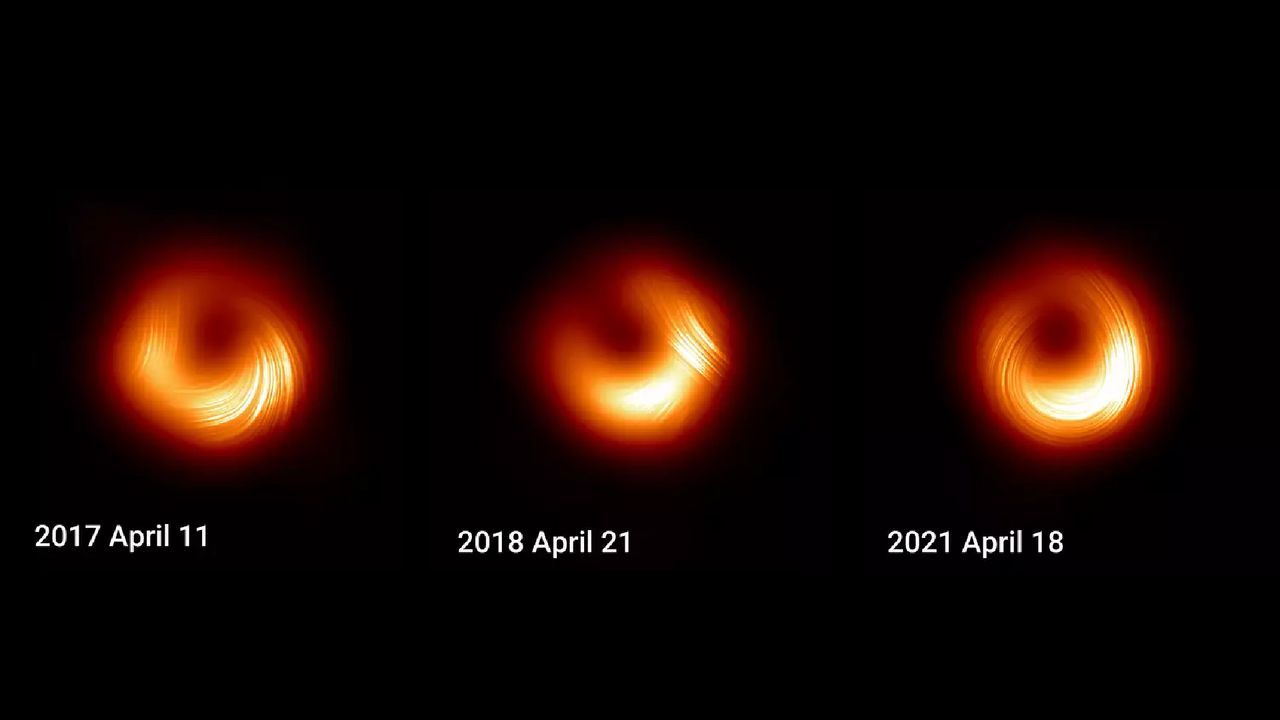Rock the cosmos: An asteroid trivia quiz
PositiveScience
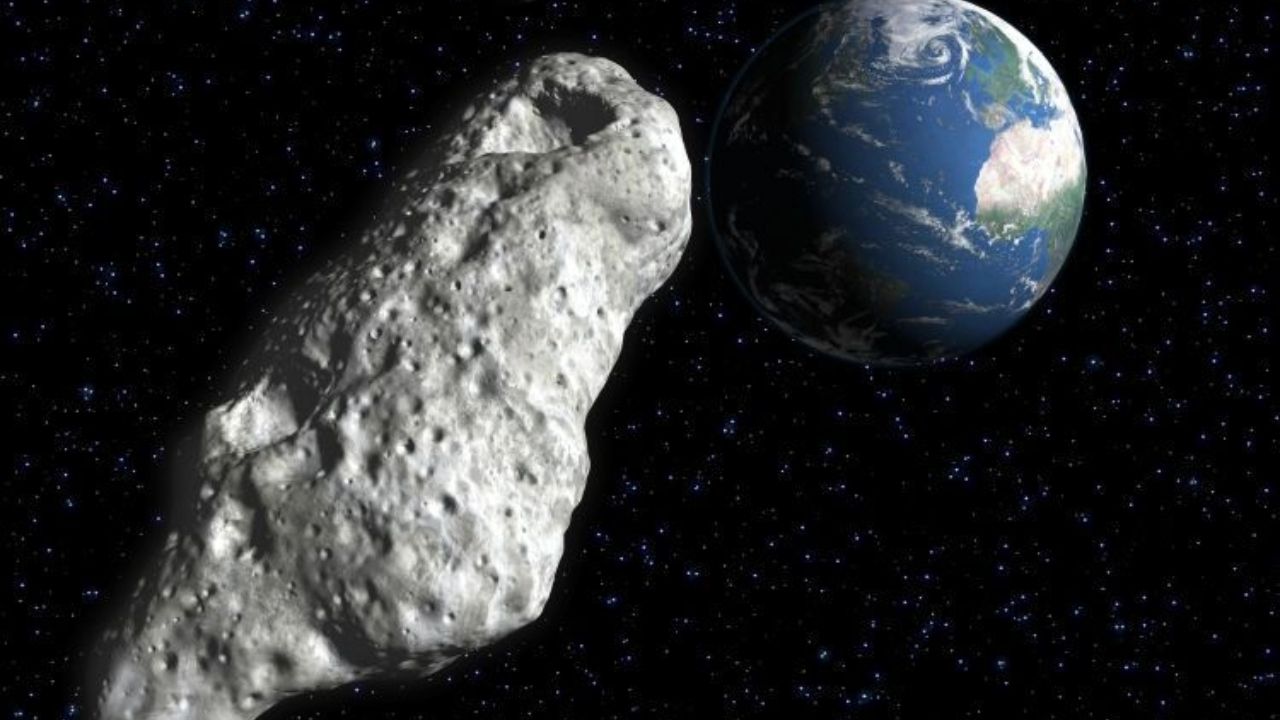
Get ready to rock the cosmos with an exciting asteroid trivia quiz that serves as your launchpad to discovery! This engaging quiz not only tests your knowledge about asteroids but also sparks curiosity about these fascinating celestial bodies. It's a fun way to learn more about our universe and why understanding asteroids is important for science and exploration.
— Curated by the World Pulse Now AI Editorial System
